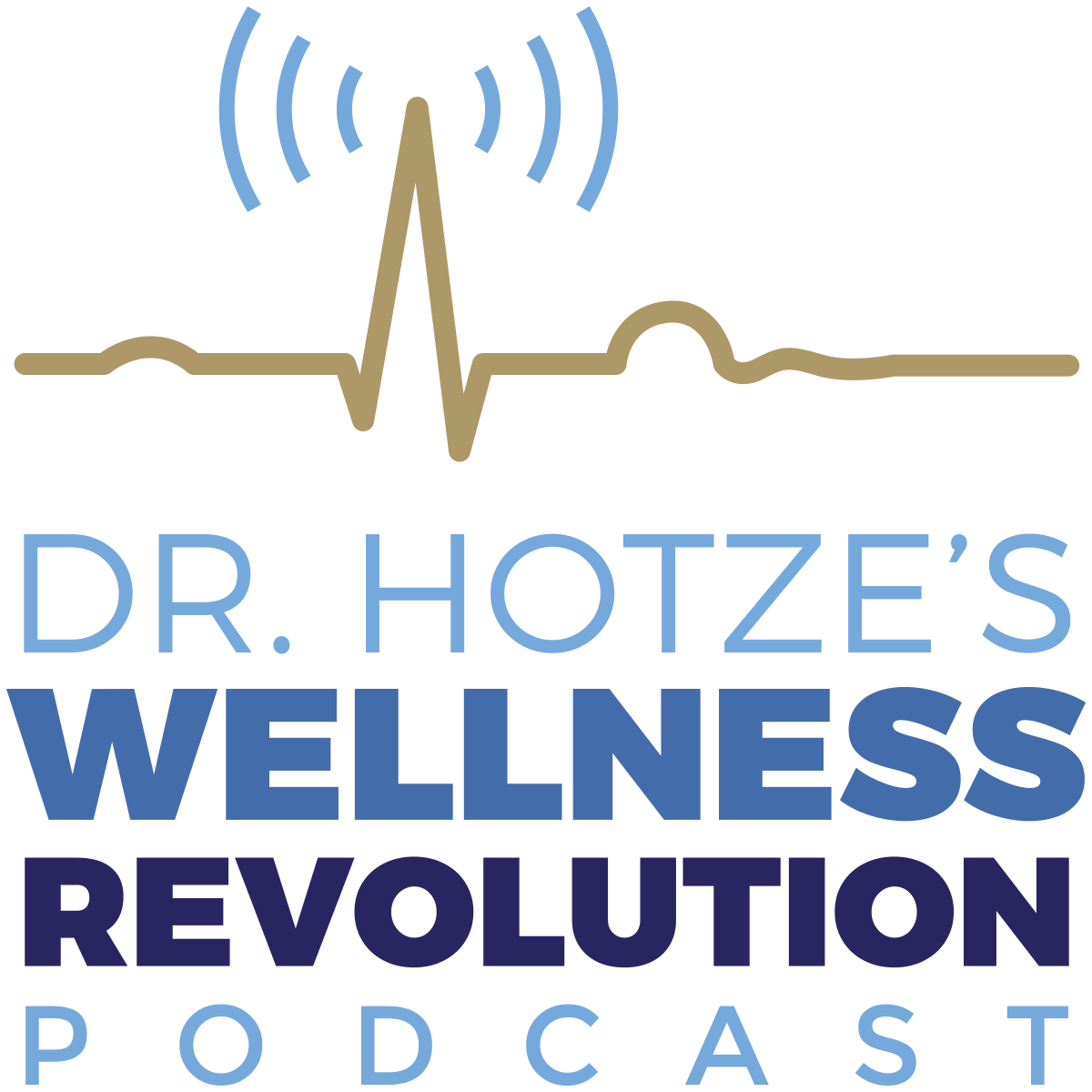Low Testosterone in Your 20s? Causes and Solutions for Younger Men with Guest August Jones
Description
Why would a 20-year old have low testosterone? This inspiring story explains how environmental factors, such as xenoestrogens, can sabotage testosterone levels in young men today.
Meet a remarkable young college student whose journey sheds light on a pressing health issue often overlooked in younger men: low testosterone. At just 20 years old, he found himself grappling with symptoms typically associated with much older individuals - fatigue, brain fog, and a frustrating lack of energy.
After a check-up sparked by his younger brother’s similar struggles, he discovered his testosterone levels were shockingly low, similar to those of a 70-year-old man. Determined to reclaim his vitality without compromising his future family plans, he opted for HCG therapy, a natural approach designed to boost his body’s testosterone production. The results were transformative! He now enjoys improved sleep, consistent energy, and a renewed sense of well-being, allowing him to excel academically and athletically.
Join Dr. Hotze and his guest August Jones as he shares his insights and experiences, highlighting the critical need for young men to prioritize their health and the importance of nutrition education in medical training. August is now a pre-med student who wants to practice natural approaches to health in the future. This episode not only informs but inspires, showcasing the power of natural health approaches in shaping a better future for young men.
Watch now and subscribe to our podcasts at www.HotzePodcast.com.
To receive a FREE copy of Dr. Hotze’s best-selling book, “Hormones, Health, and Happiness,” call 281-698-8698 and mention this podcast. Includes free shipping!
More Episodes
We live in a toxic society! Most people struggle with poor diets that lead to inflammation – which is the root of all disease. Oxytocin is a neuropeptide that naturally occurs in the body, often called the “love hormone”, but it also plays a key role in both emotional and physiological responses....
Published 11/15/24
Do you suffer from mast cell activation syndrome? The symptoms of MCAS are NOT all in your head, like some doctors will have you believe. Mast cell activation syndrome (MCAS) is where the mast cells are overactive, and 37% of obese individuals have MCAS.
Mast cells are white blood cells and are...
Published 11/08/24
Published 11/08/24


